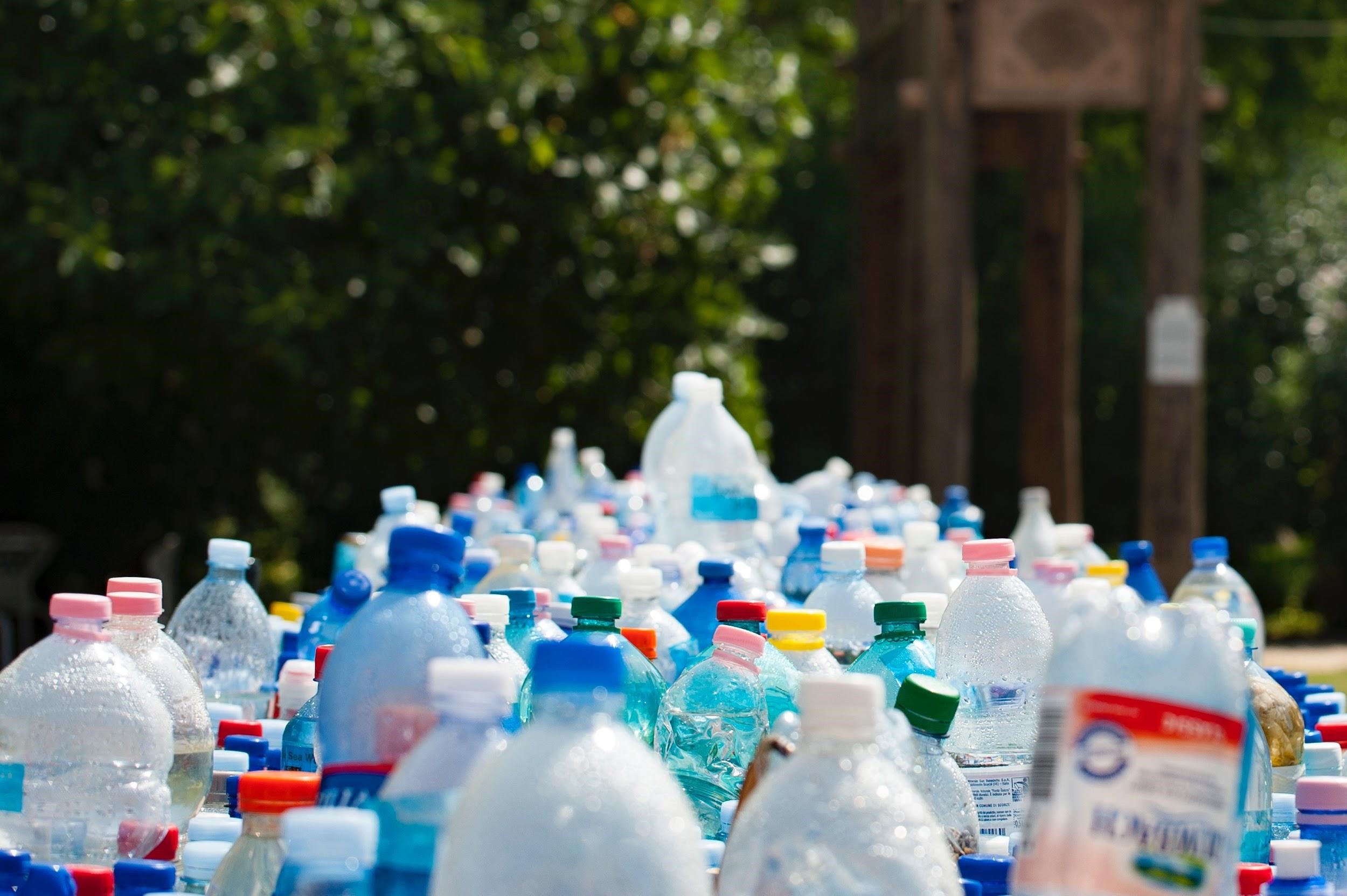Why are Single-Use Plastics Such a Concern?

Statistics around single-use plastic are staggering. For instance, according to National Geographic, nearly a million plastic beverage bottles are sold a minute and only nine percent of all plastic globally is recycled. This leads to tens of billions of pounds of plastic waste sent to landfills a year - and billions of pounds of plastic waste ending up in our rivers and oceans, too. The United States is one of the worst offenders, with an average of 365 plastic bags used a year per person (whereas shoppers in Denmark, for example, use an average of four plastic bags per year). From an environmental standpoint, these statistics are frightening, and from a business standpoint, it is a cause for concern as well. But why? Today we explore the top three reasons why the issues around single-use plastic should be taken seriously by business owners and facility managers.
1. Legislation Around Single-Use Plastic is Increasing
Policymakers are not taking this environmental issue lightly. Thanks to demands from both global organizations and savvy consumers, more regulations than ever before are being put into effect on the local, state, federal and global levels. Countries like Peru are phasing out plastic bags completely and banning single-use plastic from protected natural and cultural areas. States like California are passing statewide bans on providing single-use plastic straws at restaurants unless requested. Cities across the countries are taking action against single-use plastic items and limiting or banning items like bags, take-out containers and straws. Even corporations are passing internal policies on single-use plastic items, like American Airlines and its no plastic straw rule.
Like any policy issue, when some populations are so removed from the actual environmental impact of single-use plastic, it can potentially be hard to make meaningful changes in the government. However, this type of legislation is proof that single-use plastic is a hot-button issue. With new regulations being passed at an increased frequency, it seems that we are only at the tip of the iceberg for how far this eco-friendly momentum will take us - which is a good thing. There are still so many places where new legislation can make a difference in preventing single-use plastic waste.
2. Media Coverage and Consumer Awareness is Increasing
As environmental protection organizations praise the efforts policymakers are making on behalf of the planet, media coverage surrounding the single-use plastic issue also increases - which in turn causes even more municipalities to take notice and take action. Consumers, too, begin to pay attention, demand policy changes, and support the progressive changes. In this case, the snowball effect is beneficial as it creates a widespread awareness about single-use plastic and the negative impact it has on the environment. This type of awareness mitigates potential consumer backlash.
For example, if a coffee shop customer prefers drinking coffee with a straw to prevent spilling or staining, they could become upset if one day straws are no longer available, seemingly out of the blue. However, when local news and national media are spreading information on single-use plastic waste and resulting legislation, consumers will not be surprised when policies change in their town or establishments they frequent. Instead, consumers become worried about the role they are playing in the plastic problem. The extensive media coverage helps to make single-use plastic waste a universally concerning issue.
3. Logistical and Financial Impact on Businesses is Increasing
Single-use plastics can create a different type of concern for business owners because of the very real logistical and financial impact these items can have on a company. As a business owner or operator, it can be daunting to consider how your business contributes to the problem and what you can realistically do to help. You certainly want to make eco-friendly changes, but also don’t want to lose customers or revenue by shaking things up or taking profitable items away. First, realize that single-use plastics are so prevalent in today’s culture because they are easy - customers can use these items once and throw them away without a second thought. As a business, this convenience is an important thing to offer...but at what cost?
As legislation around single-use plastic increases and as consumers become more aware of the problem, it is important for businesses to react responsibly by following laws and listening to demand. It is also important to address these concerns while still providing convenience to consumers and protecting your business’ bottom line. Weigh the pros and cons, and looks for solutions that maintain the integrity of your business. For example, as a restaurant owner this might mean investing in reusable serving ware and cutlery, but implementing small price changes to support the eco-friendly initiative. As a grocer, this might mean charging a few cents per plastic bag used or ordering reusable totes and creating a display for customers to purchase. Regardless of the type of business, all owners and operators should verse themselves in the issues around single-use plastic in order to respond to concerns appropriately.
As outlined, single-use plastics can create a variety of different concerns for different stakeholders - but undeniably create an environmental problem that must be addressed. The consumption of single-use plastic items cannot be eliminated overnight, but actions taken today by the government, consumers and corporations are laying the foundation for a positive, lasting change. For additional information on legislation around plastic pollution and how it can impact your business, National Geographic has created a running list which you can find here.